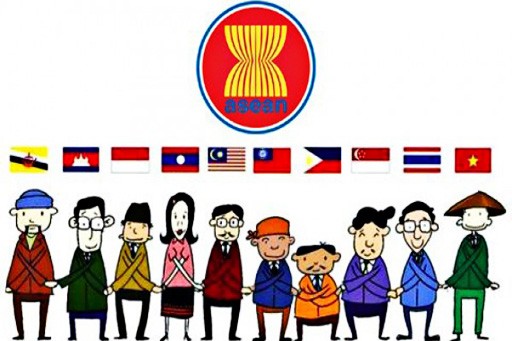Popular Reads
Top Results
Can't find what you're looking for?
View all search resultsPopular Reads
Top Results
Can't find what you're looking for?
View all search resultsAEC won’t cause influx of blue-collar workers: Researcher
Change text size
Gift Premium Articles
to Anyone
T
he ASEAN Economic Community (AEC) will not lead to an influx of foreign blue-collar workers into Indonesia as only eight fields are open to highly skilled, white-collar foreign workers, says a Singaporean researcher.
Unlike Malaysia and Singapore where 20 percent of the professionals are expats, Indonesia is not desperate for skilled workers, said Singapore Institute of International Affairs researcher Chia Siow Yue.
"Skilled workers migration only comprise 2 percent of intra-ASEAN labor flows," she told thejakartapost.com on Wednesday at the Centre for Strategic and International Studies (CSIS) in Jakarta.
Highly skilled workers, she continued, were not likely to seek cross-border employment except if prompted by job dissatisfaction and low remuneration. Even if they do, they would face restrictions on employment for foreigners in accordance with the Mutual Recognition Agreement (MRA).
Chia said the movement of skilled workers would be beneficial for ASEAN countries to improve professionals' quality and employment opportunities. "There is a greater prospect for returning diaspora than to have ASEAN talents scattered in faraway countries," she added.
However, Indonesia needs to catch up with certification requirements, especially in engineering and architecture, Australian National University researcher Chris Manning said.
Among ASEAN countries, the Philippines is the most advanced in mitigating this by putting professional certification under a single authority. "Indonesia needs a body like the Professional Regulation Commission in the Philippines," he said.
Indonesia's National Profession Certification Body (BNSP) issues profession certification. However, it has a lower scope than its counterpart in the Philippines as it does not provide certification for engineers and architects.
BNSP chairman Sumarna F. Adurahman recently asked the President for capacity building enhancement with more manpower and a bigger budget. (ags)







